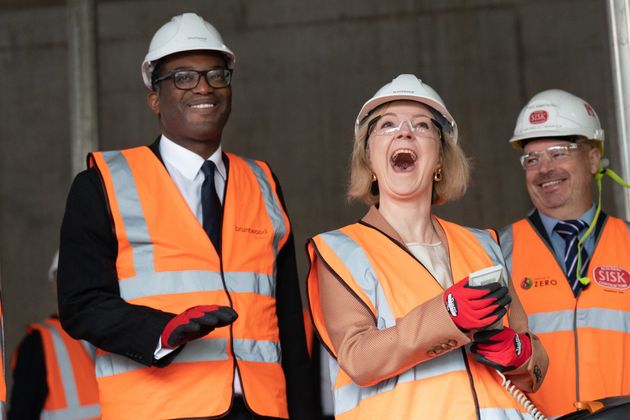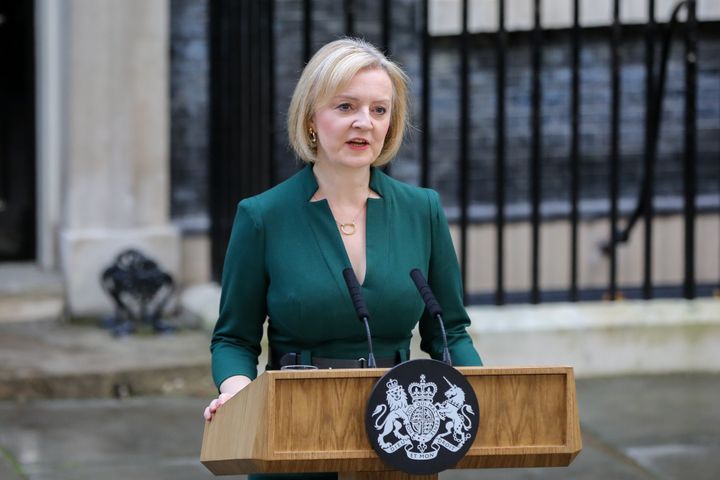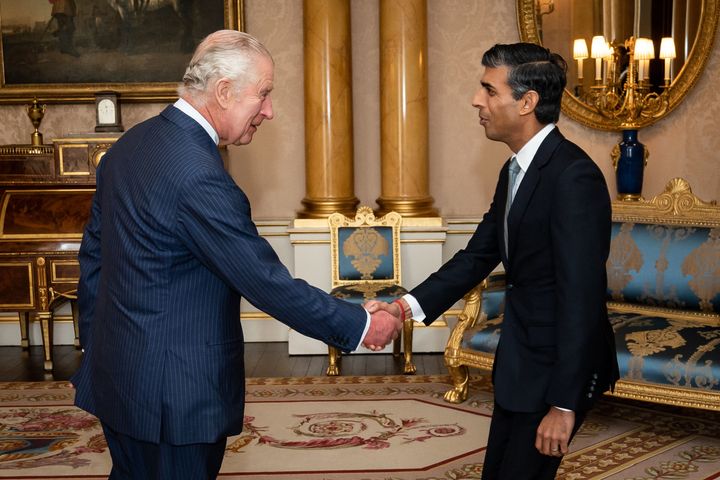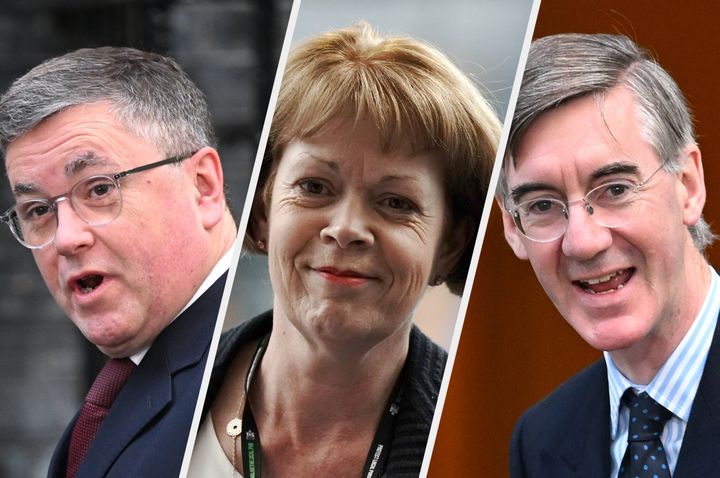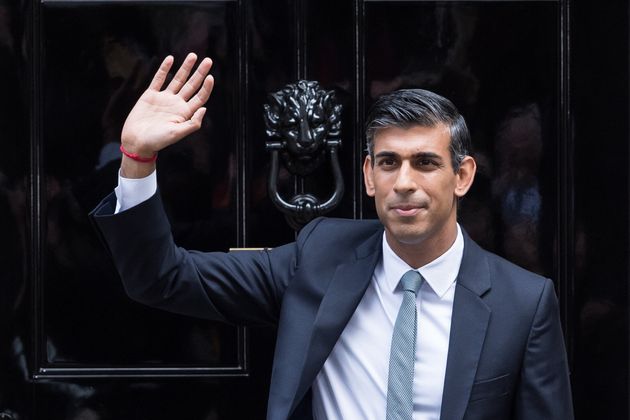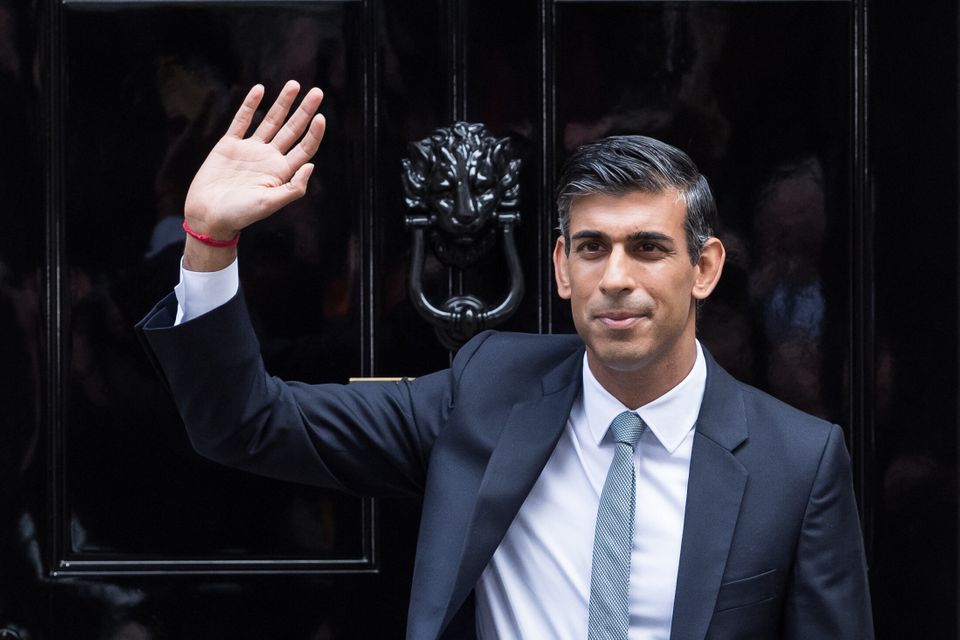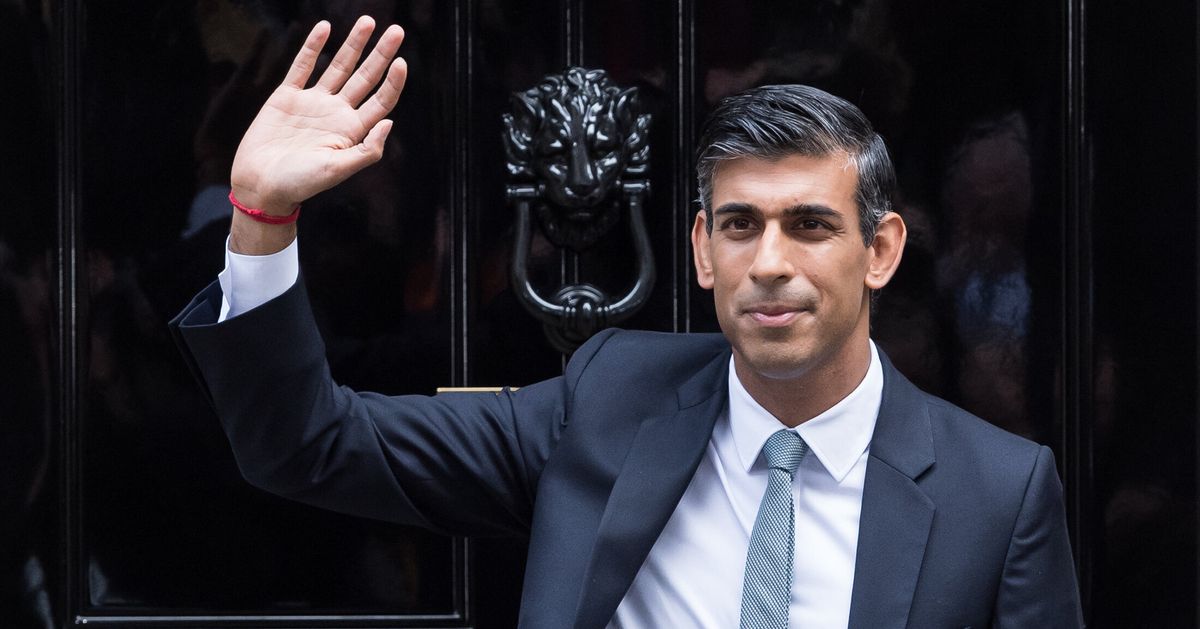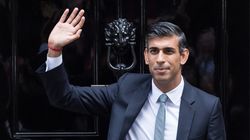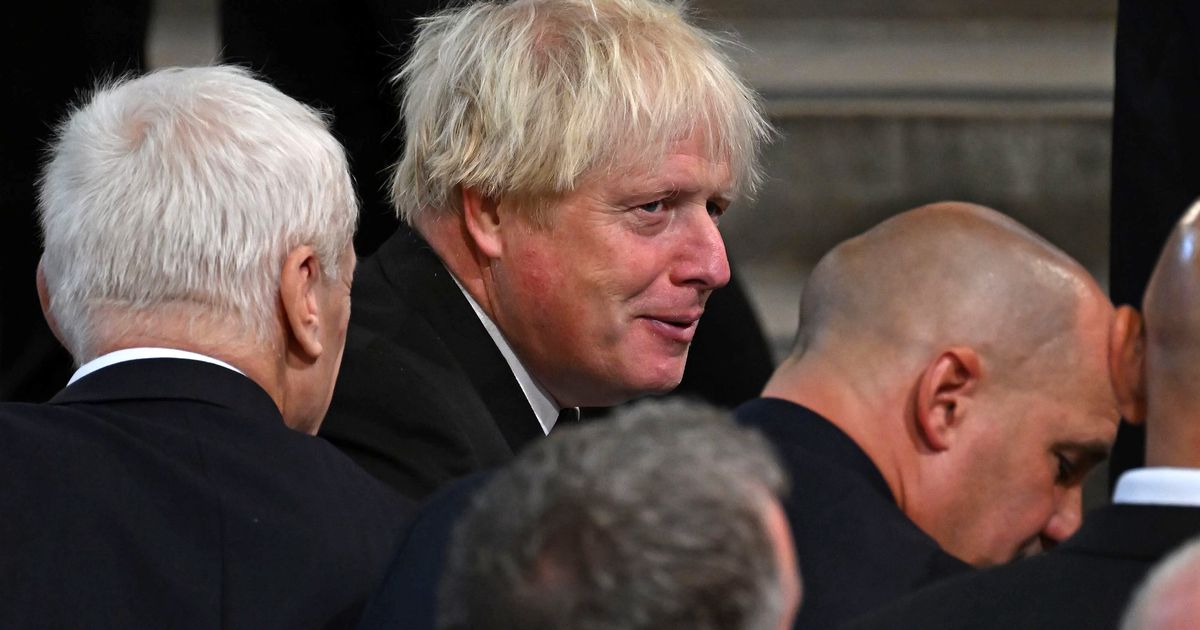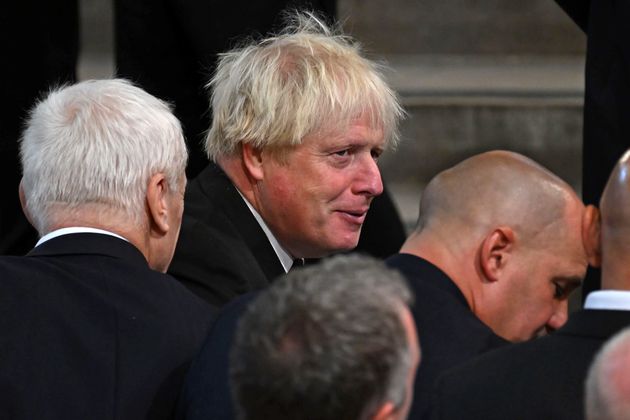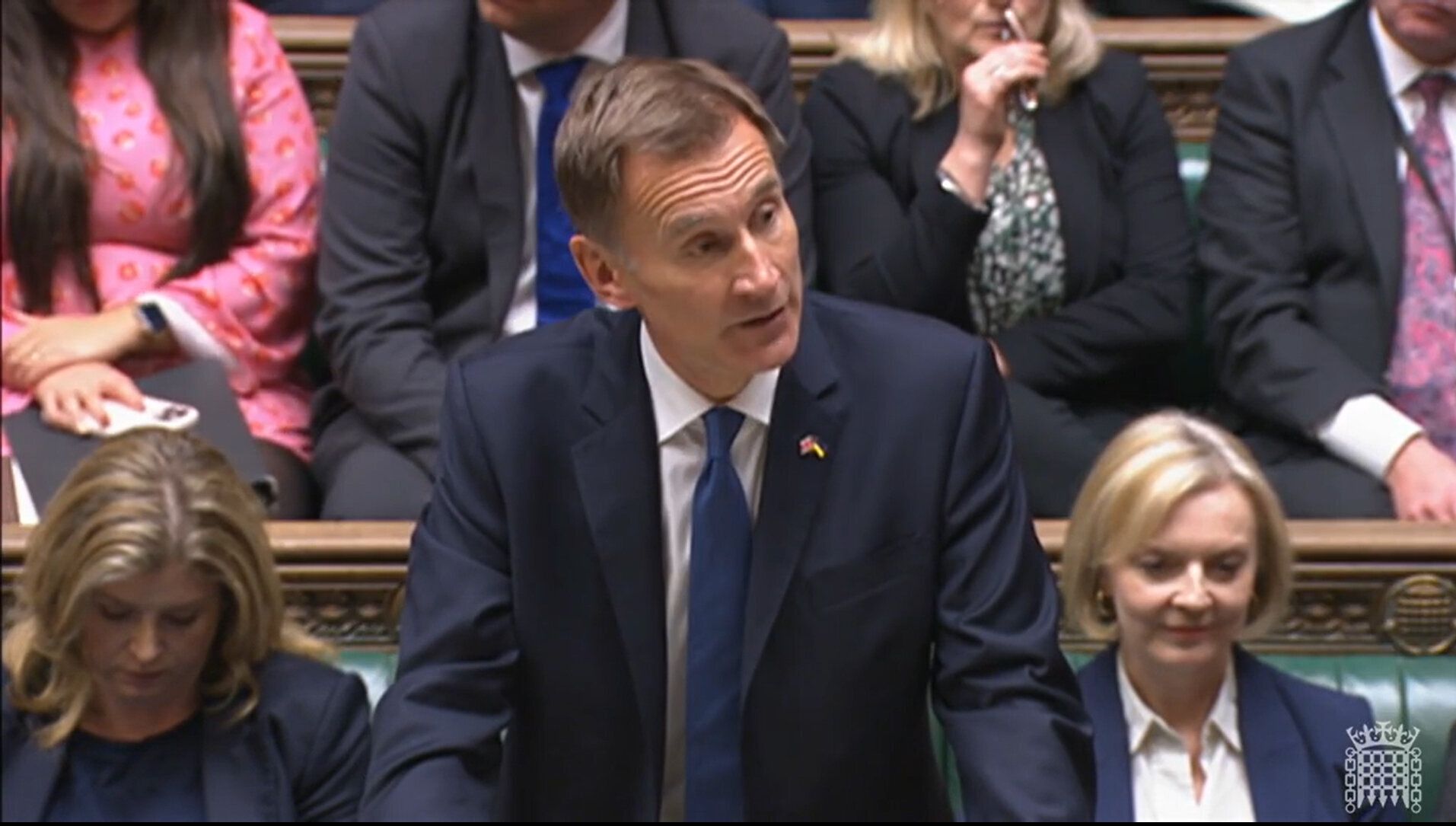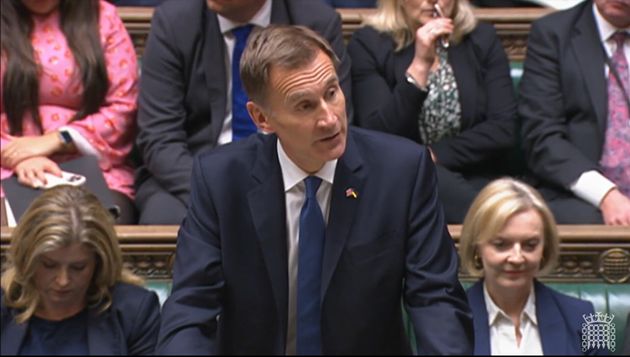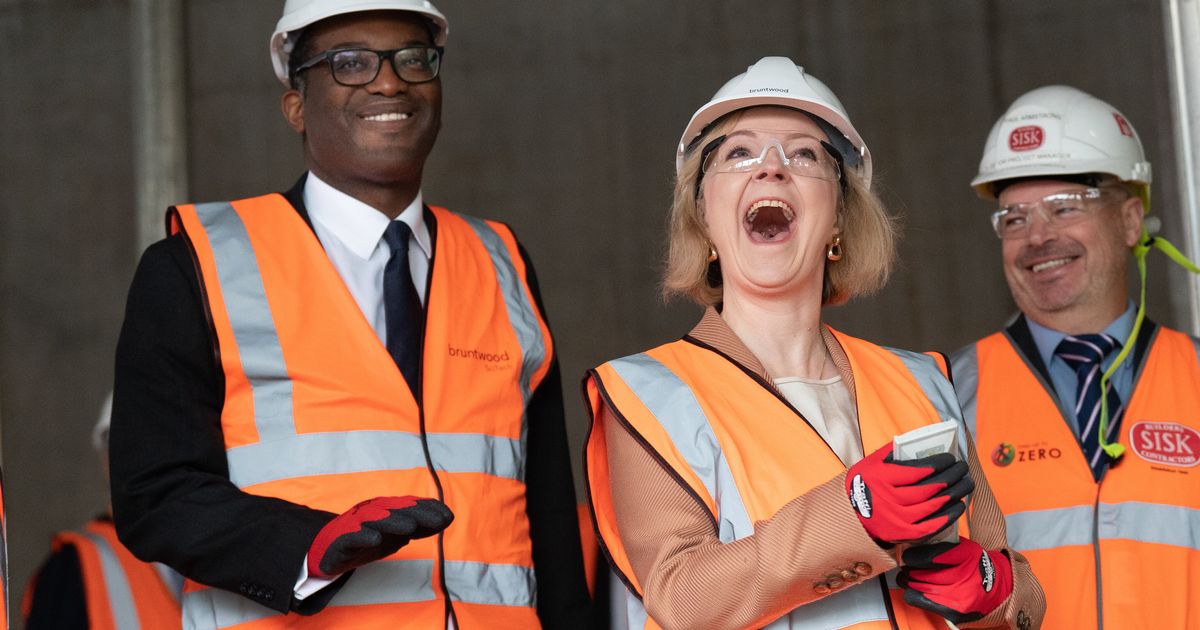
Kwasi Kwarteng has revealed he told Liz Truss to “slow down” with her radical economic agenda as the ex-prime minister was moving at “breakneck speed” after the disastrous mini-budget.
In his first interview since his ousting, the ex-chancellor says he warned her of being out of No 10 within “two months”.
Advertisement
The “slow down” claim is likely to raise eyebrows as two days after the mini-budget – which included plans to scrap the 45p income tax rate paid by the highest earners, cut stamp duty, reverse the rise in national insurance and cancel a planned rise in corporation tax – he told the BBC there was “more to come”.
Kwarteng also criticised the then-prime minister’s “mad” decision to sack him for implementing her tax-cutting agenda.
Truss ended up resigning after only 44 days in office, with her economic measures swiftly ripped up by new chancellor Jeremy Hunt and her successor in No 10, Rishi Sunak.
Kwarteng refused to apologise for the financial turmoil unleashed by his and Truss’s disastrous mini-budget, but acknowledged “there was turbulence and I regret that”.
Advertisement
He said the “strategic goal was right”, but “I think we should have had a much more measured approach”.
He said he bore “some responsibility” for the timetable of the mini-budget, but that Truss “was very much of the view that we needed to move things fast”.
“But I think it was too quick,” he added.
“Even after the mini budget we were going at breakneck speed. And I said, ‘You know, we should slow down, slow down’.”
“She said, ‘Well, I’ve only got two years’ and I said, ‘You will have two months if you carry on like this’. And I’m afraid that’s what happened.”
Advertisement
On September 23, Kwarteng announced the biggest raft of tax cuts for half a century.
The mini-budget triggered turbulence in the financial markets, sending the pound tumbling and forcing the Bank of England’s intervention.
Asked if he wanted to say sorry to the people facing extra costs in re-mortgaging, Kwarteng said: “I don’t want to relive the past.”
He added: “I do feel sorry, actually, for the people who are going through this difficult time in terms of re-mortgaging.
“I’m not going to wash my hands of what we did, I think the strategic goals (were) the right thing, but as it said, the delivery and implementation, there was no real tactical plan, there was no real timetable for it and I think we should have done that.”
The ex-chancellor said he first learned of his firing via a tweet as he travelled to a meeting with Truss in Downing Street.
Advertisement
“I can’t remember whether she was actually shedding tears but she was very emotional,” he said.
Describing his thinking at that moment, he said: “This is mad. Prime ministers don’t get rid of chancellors.
“I think I said to her at the time, ‘This is going to last three or four weeks’.
“Little did I know it was only going to be six days.”
Kwarteng added: “She can’t fire me for just implementing what she campaigned on. And, you know, we had a conversation.
“And I think it was very much the view that somehow she would survive if I took the fall on that.”

